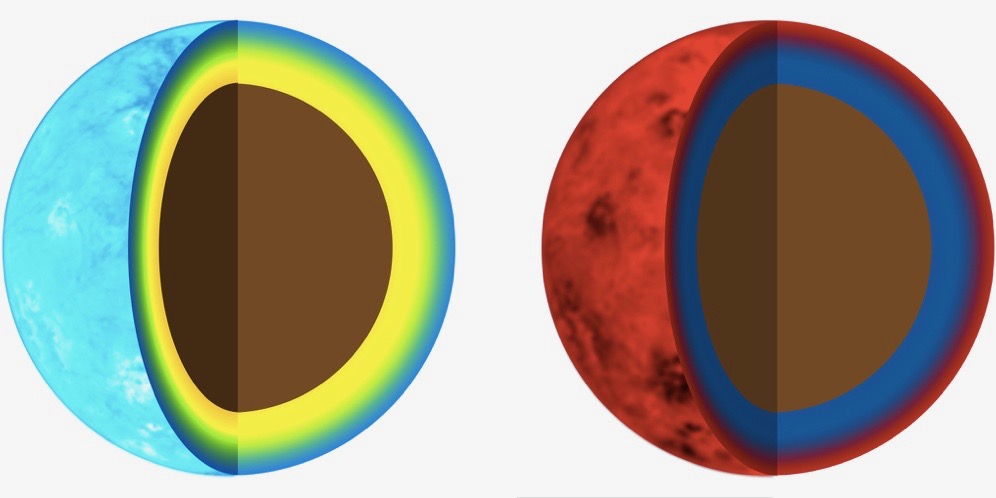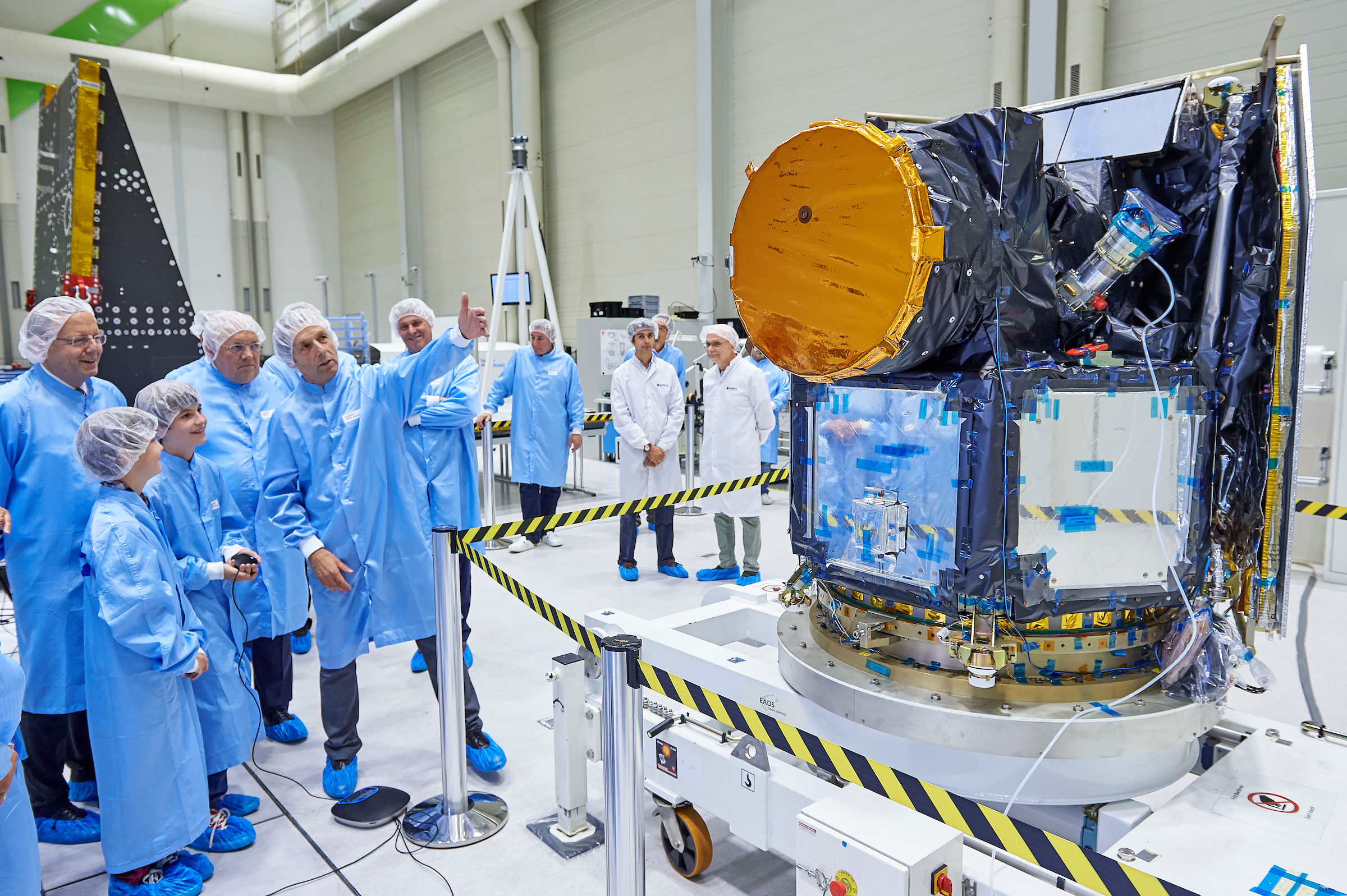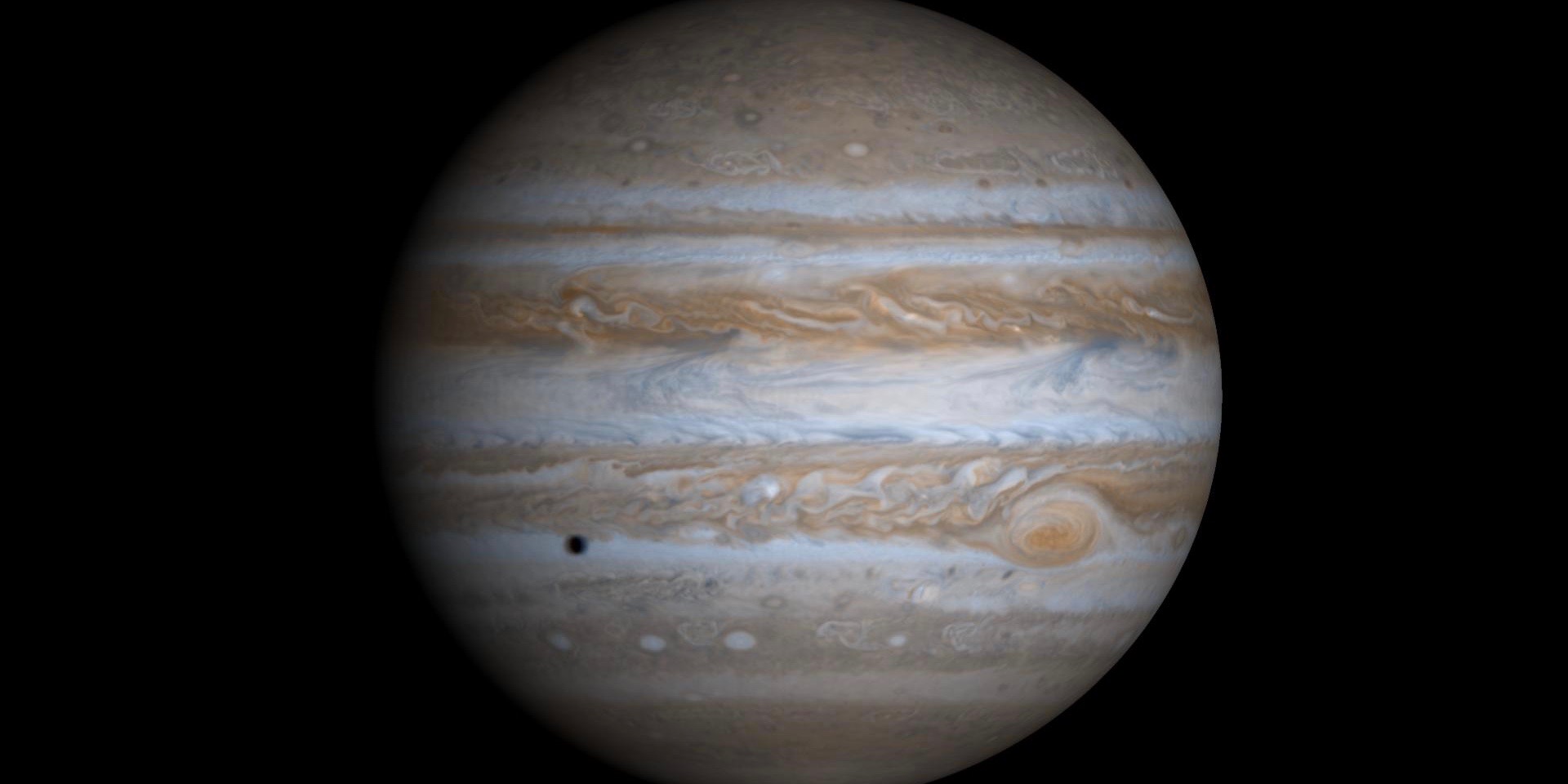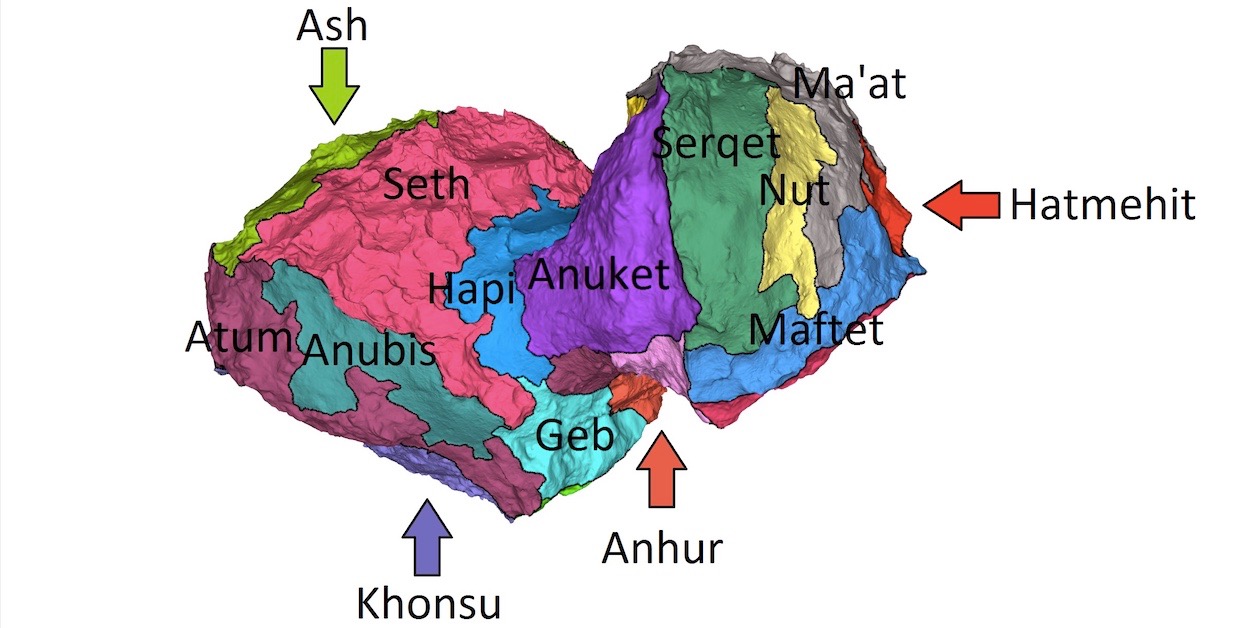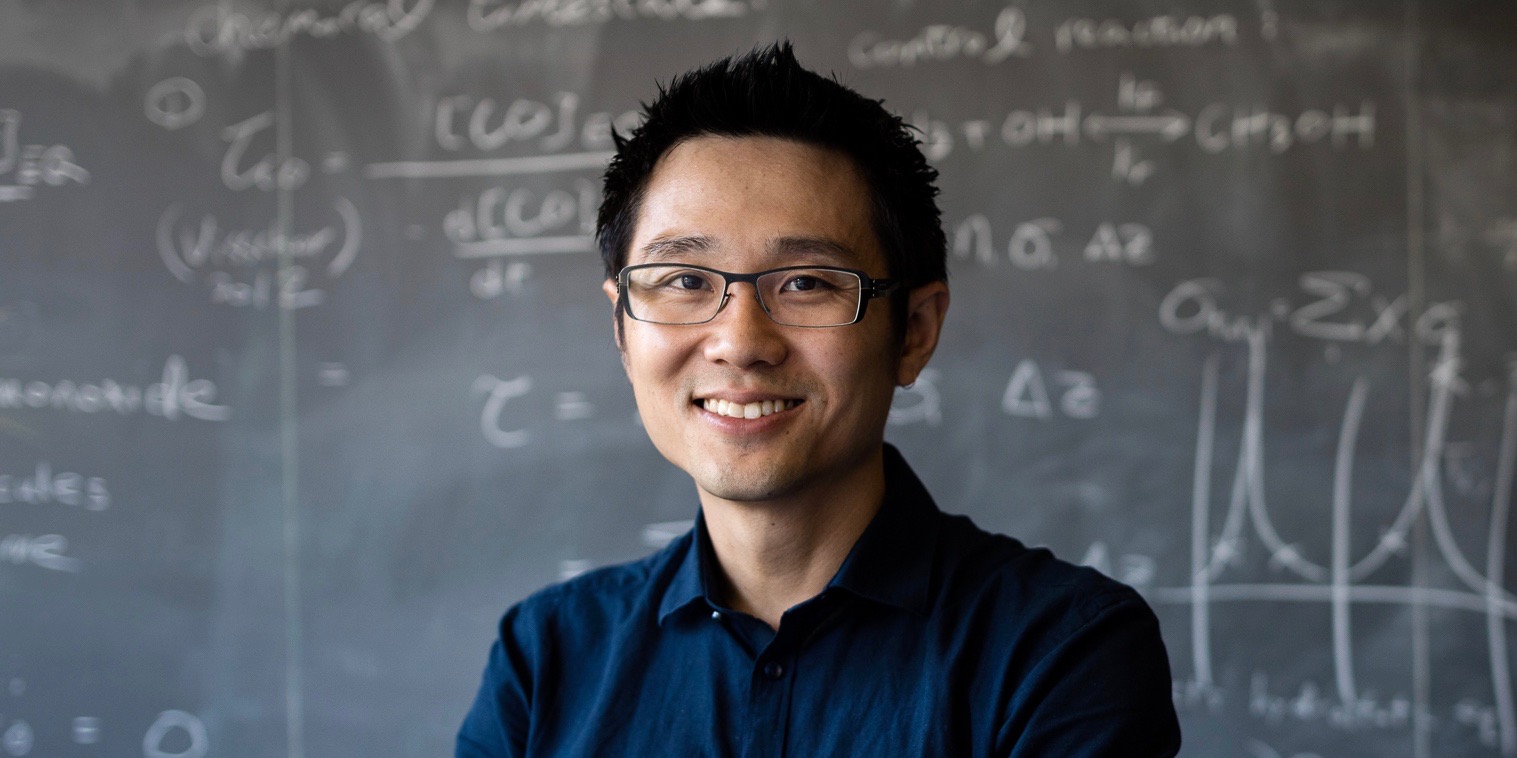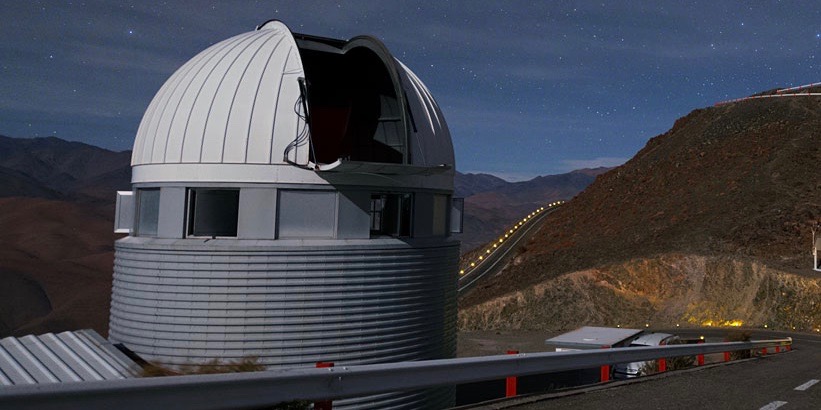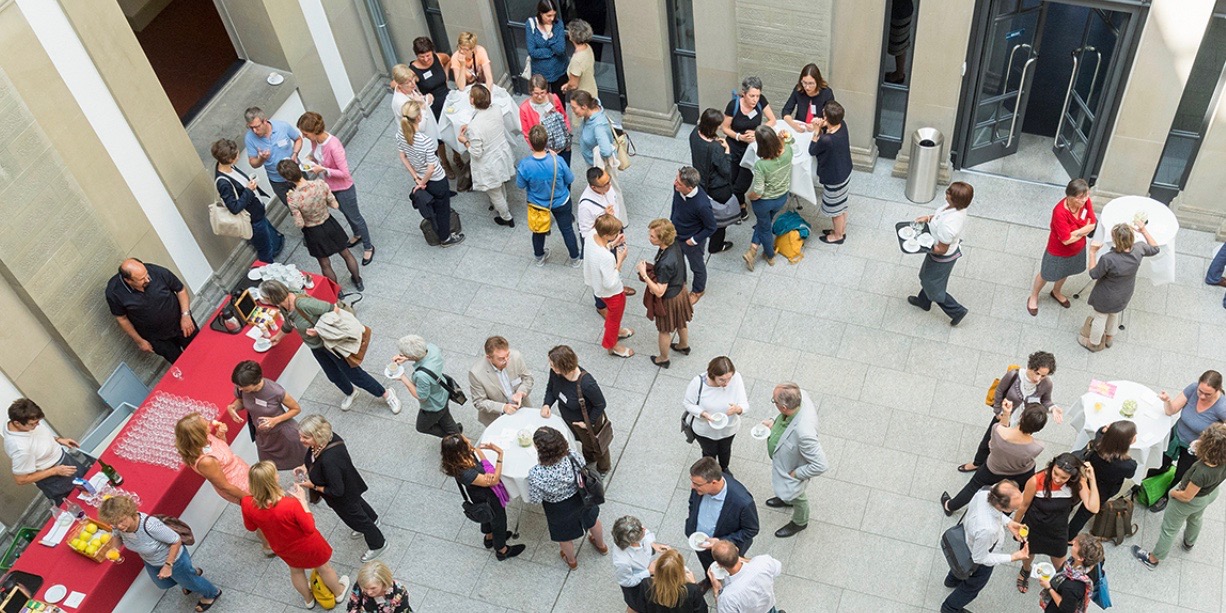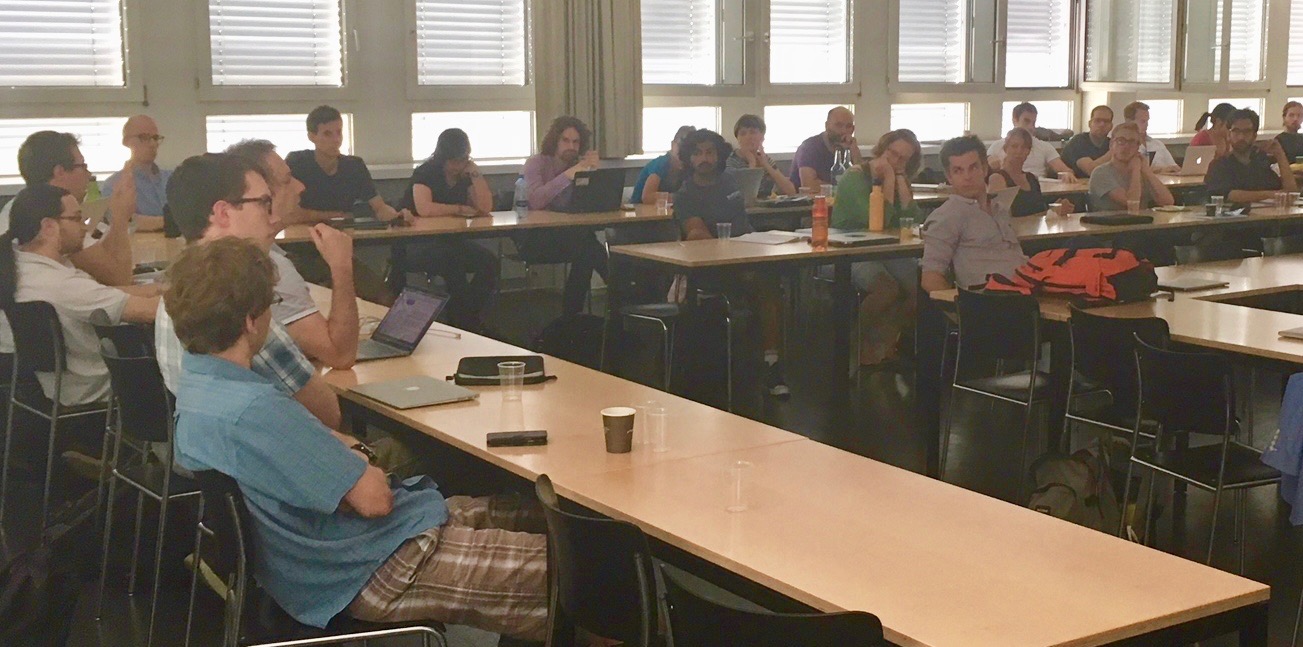Author Archive
The Stuff that Planets Are Made of
Researchers of the NCCR PlanetS at the University of Zürich have analyzed the composition and structure of far-away exoplanets using statistical tools. Their analysis indicates whether a planet is earth-like, made up of pure rock or a water-world. The larger the planet, the more hydrogen and helium surround it. Is there a second Earth out […]
Continue Reading“Switzerland is a space nation!”
The research satellite CHEOPS was developed jointly by the University of Bern and the European Space Agency ESA. At an event at RUAG in Zurich on 27 August 2018, representatives of the institutions involved in its construction visited the satellite. Among the speakers and guests were Federal Councillor Johann Schneider-Ammann, Jan Wörner, Director General of […]
Continue ReadingJupiter had growth disorders
Researchers of the Universities of Bern and Zürich and of ETH Zürich show how Jupiter was formed. Data collected from meteorites had indicated that the growth of the giant planet had been delayed for two million years. Now the researchers have found an explanation: Collisions with kilometer-sized blocks generated high energy, which meant that in […]
Continue ReadingNew comet models thanks to “Chury” data
The MiARD project (Multi-instrument Analysis of Rosetta Data) was a 30-month international research project led by the University of Bern to make the best use of the vast amount of data produced by the Rosetta mission. The most important results, models and an artistic project on MiARD have now been presented. The Rosetta spacecraft has […]
Continue ReadingReconciling Philosophical Tensions Within Exoplanet Science
By Kevin Heng PlanetS is forcing the unification of several schools of thoughts that are traditionally distinct, even if they share common interests. The study of planets within and beyond our Solar System is a topic that both planetary scientists and astronomers agree is immensely fascinating. From a distance, it appears as if these scientists exist as […]
Continue ReadingA taste of the Andes from Geneva
Following the discovery of the first exoplanet in 1995, the Department of Astronomy of the University of Geneva built and installed the Euler telescope at ESO’s La Silla Observatory in 1998. This 1.2m diameter telescope is connected to the high-resolution spectrograph CORALIE, whose software instantly computes precise radial velocities of observed stars in order to […]
Continue ReadingAsk the NCCR
Do you want to know more about PlanetS, its organization, structure, options, prospects or limitations? After this year’s General Assembly and some subsequent discussions, we thought that a number of issues might not be clear and asked you to send us all these questions you have about the NCCR that you never had a chance […]
Continue Reading“A degree in physics opens many doors”
Many young researchers are concerned about their professional future. The newsletter InsiderS by the National Centre of Competence in Research PlanetS presents physicists who have made a career outside the university. Bettina Zahnd is head of Accident Research and Prevention at the AXA Insurance Group in Winterthur. “Those who have studied physics have many abilities: […]
Continue ReadingRoberto vs Roberta
By Nadine Afram During the LERU (League of European Research Universities) conference at the University of Zürich in June, implicit gender bias as one significant explanation of the loss of female talent in academia was examined. One of the speakers, Roberto Weber, Professor of Economics at UZH, shared a very interesting thought experiment with us. […]
Continue ReadingConfronting theory and observations
30 members of PlanetS gathered on the 9th of July 2018 in Bern for a workshop with the title “Exoplanet Demographics: Observations Confront Planet Formation Theory”. “We have such good expertise in the NCCR that you just have to bring people together,” says organizer Christoph Mordasini: “That is the challenge.” One of the reasons why […]
Continue Reading
